- Home
- News
- AngelBox
- About us
- Parent Support
- Borough Support
Winter is coming! See what support is available in your area
More features & information coming soon
- Health & Wellbeing Hub
- Get Involved
- Contact us
- Home
- News
- AngelBox
- About us
- Parent Support
- Borough Support
Winter is coming! See what support is available in your area
More features & information coming soon
- Health & Wellbeing Hub
- Get Involved
- Contact us
Why does London need the AngelBox service
The extent of child poverty is rising in London
Over a quarter of London’s children live in poverty.
Our community enterprise is working hard to end this with our unique emergency relief package of over 65 brand new baby essentials, additional equipment and with the benefit of our parent support services.
Our volunteers are witnessing families struggle everyday to adequately shelter, clothe, bathe and feed their newborns due to the challenges experienced as a result of the rising cost of living
Demand for our community service is up tenfold across Greater London and our job has been to help & support parents as young as 15 better prepare for their child or provide much needed relief to newborns as old as 24 months to alleviate a parents concerns of malnutrition, hygiene and safety
55% of our beneficiaries are born & growing up in temporary or sheltered accomodation
Young parents, those fleeing domestic abuse, have been disowned, escaped slavery or forced sex work, refugees and asylum seeking families all of whom face higher levels of disadvantage due to their lower incomes, some earning as little as £8 per week.
Often housed in decrepit and wholly unsafe accommodations which not only affects their ability to nurture their baby properly but also has a profound impact on the mental state of the parent.
Bailiff or Milk Formula
Parents who receive an AngelBox will on average save between £260 to £350 in costs associated to baby essentials and equipment.
A staggering 70% of 650 parents who participated in either a parent support session or via feedback said they used the savings to pay off debt whilst 24% said they secured food for their other children or themselves for the medium term.
We don't just deliver emergency relief, given the opportunity we strike friendships and together with parents watch their babies grow
What is childhood poverty
A definition
For us, a child or children who live in poverty are those who lack basic amenities or the material resources to grow and develop.
This includes but is not limited to a home which has sufficient running hot water and heating, furniture such as a beds or a sofa, the parents ability to cook a meal safely as well as rooms that are free from damp and mould.
These living conditions combined with the low income of the parents means the child will live a life of missing nutritious meals from breastmilk to warm hearty dinners as well as participation in social & cognitive building experiences which there peers take for granted.
All resulting in these vulnerable children living anxious, overly stressed lives from the stressful environment which may lead to health problems or social isolation.
The spectrum of poverty is wide & varied
There are many factors to consider when measuring the level of poverty a family faces in London and this can be categorised as relative poverty or absolute poverty.
The threshold for relative poverty varies year on year and is define as the percentage of people living in households with annual incomes below 60% of the median income of that financial year whereas absolute poverty is a fixed measurement based on family incomes which fall below the 60% of the median income of the years 2010/2011 which was at the peak of the 2008 global recession.
For us, our direct applicants are always screened to assess and monitor the level of hardship families in London are facing, it allows us to adequately capture the extent of poverty as we always calculate disposable income after housing costs have been considered.
That equates to over 800,000 children who live in relative poverty in London after housing costs are taken into account according to the Childhood Trust.
Minimum Income Standard
The Joseph Rowntree Foundation has conducted research in 2022 which reflects an updated version of what the public perceive to be the minimum wage needed to support a decent standard of living.
Following the Coronavirus pandemic, the rising cost of living which is in part due to a fledgling economy still in recovery as well as inflationary pressures which has resulted in higher costs that has dealt a heavy blow to living standards and now more than ever and such challenges and uncertainty has caused significant challenges for families living in London.
As costs continue to rise in 2023 and into the foreseeable future many more children will fall into poverty, adding pressure to an already failing social security system which is capping vulnerable lone parents putting them and their children further at risk of becoming homeless.
Short-term support measures are vital now, but will only go so far; we need a social security system that is fit for today.
Their findings show that a single person needs to earn £25,500 a year to reach a minimum acceptable standard of living in April 2022. A couple with two children needs to earn £43,400 between them this a national figure and we all know London is one of the most expensive cities to reside in which means you have to factor in at least an additional 30% of income to afford a decent standard of living, something realistically not achievable for many parents as explained by the low employment rate of parents in London, where part-time work and flexible childcare are harder to find.
This figure also does not take into account the energy price rises of September 2022 and the 10 subsequent rate rises by the bank of England and a tightening on what landlords can declare as profit which has led to a Buy to Let exodus in London or property owners increasing their rents to rates above the current housing allowance cap.
The cost of living support payments aimed at supporting households likely to be most affected by rising costs is welcome, but it does not solve more entrenched problems within the social security system. Even with the cost-of-living support payments, a couple with two children, on out of work benefits, only have just over half (52%) of what they need for a minimum standard of living.
Working households can get closer to reaching MIS, but the support payments do little to address the cost-of-living challenge. A couple with two children and one parent working full-time on the National Living Wage, the other not working, reach 76% of MIS without the cost-of-living support payments; the same family only reach 79% of MIS with the payments.
Poverty in Greater London
As of 2019, government published statistics from the Department of Work and Pensions identified 4.2 million children living in poverty in the United Kingdom. In London, data from the London Assembly shows an astonishing 800,000 children living in poverty, that’s 39% of all children in the capital. Worst yet, the data indicates that 75% of children will remain in persistent poverty throughout their childhood. 100,000 of these children will be deprived of essential items and food whilst growing up.
Londoners have endured a tough beginning to the 21st century and have witnessed unprecedented events from a financial depression to a global pandemic
and these waves of adversity have taken the heaviest of toll on the growth and development of the capital’s children. Official government statistics and those from leading think-tanks predict to a poignant outlook in the short-term and long-term with living costs set to rise, a sluggish job market, wages that do not match the cost of living and dismal cuts to benefit payments will severely affect the welfare and development of newborn babies and children alike, pushing the figure to 1.5 million children in poverty by 2022.
Low income Lone parents will face the greatest risk due to the lack of an additional earner, low rates of maintenance payments and rising childcare costs coupled with the stress of rent, bills and providing everyday essentials such as clothes and food.
Yet it’s equally a worrying time for many London families living on the margins of poverty that are expecting a new born baby, job retention is a constant worry especially if their employed on temporary or hourly contracts that pay minimum wages and offer little relief or protection in terms of employment rights and security. Overall, most low-income vulnerable parents are continuously up to a staggering £80 a week short of funding their child’s basic needs, usually facilitating the shortfall with debt, family borrowing and food banks.
How poverty can affect a parent and their children
Pregnant mothers are particularly vulnerable
During pregnancy, mothers are likely to face multiple stressful life events, including lone-mother and teenage pregnancies, unemployment, more crowded or polluted physical environments, and far fewer resources to deal with these exposures.
The early child health consequences of poverty and pregnancy are multiple, and often set a newborn child on a life-long course of disparities in health outcomes.
Included are greatly increased risks for preterm birth, intrauterine growth restriction, and neonatal or infant death.
Poverty has consistently been found to be a powerful determinant of delayed cognitive development and poor school performance.
Behaviour problems among young children and adolescents are strongly associated with maternal poverty.
Sound evidence in support of policies and programs to reduce these disparities among the poor, including the role of health practitioners, is difficult to find.
This is partly because many interventions and programs targeting the poor are not properly evaluated or critically appraised.
How it affects maternal health
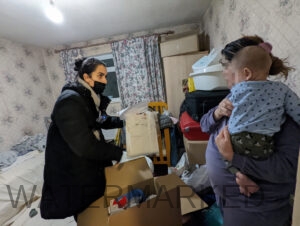 Premature birth and intrauterine growth restriction have been consistently associated with lower socioeconomic status, in particular within poor urban populations such as London. By combining both of these outcomes, Spencer et al (30) reviewed British birth registration low birth weight data.
Premature birth and intrauterine growth restriction have been consistently associated with lower socioeconomic status, in particular within poor urban populations such as London. By combining both of these outcomes, Spencer et al (30) reviewed British birth registration low birth weight data.
They estimated that 30% of low birth weights could be attributed to a mother’s lower social class.
Explanations for these disparities in birth outcomes include higher rates of maternal smoking, poorer nutrition and a higher prevalence of genitourinary tract infections among lower income pregnant women.
Living in a low-income neighbourhood was found to be associated with an increased risk for neonatal and postneonatal death. It was also hypothesized that premature birth and/or intrauterine growth restriction may, to a significant extent, be explained by the greater exposure of poor pregnant women to accumulated chronic stressors, including crowded home environments, unemployment, single-parent households, less social support and financial problems.
How poverty may affect children
There is a growing body of evidence to suggest poverty can directly affect the wellbeing of a child and impair their ability to fully develop.
Poverty can lead to poor health, lower educational attainment, reduced productivity and experiencing social deprivation.
The unrelenting stress of poverty can hinder a child’s brain development with long-term consequences on physical and mental well-being, leading to lifelong effects that follow them into adulthood according to Children International.
Childhood poverty influences life choices, opportunities and continues a cycle that lasts for generations.
When considering health inequalities, children growing up in poverty or in the most deprived areas are at greater risk of poorer health outcomes than children from better off families or from more affluent areas.
This can be seen in
- higher infant mortality rate
- low birthweight
- risk of being overweight or obese
- not being breastfed
- tooth decay
- unintentional injury
- poorer general health and mental wellbeing
- teenage pregnancy.
Lone parents are hit the hardest
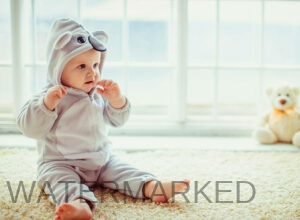 Many lone-parent families have been locked into poverty given their greater likelihood of being in low-paid work, on paid leave or unemployed, at a time of high and rising living costs, and when benefits have been cut or frozen.
Many lone-parent families have been locked into poverty given their greater likelihood of being in low-paid work, on paid leave or unemployed, at a time of high and rising living costs, and when benefits have been cut or frozen.
Lone parents will experience the current crisis in differing, innumerable ways, dependent on employment status, job role, education, income, debt, savings, number and age of children, their housing, health, access to resources (food, a car, laptop, Wi-Fi) and the financial and emotional support from ex-partners, friends and family.
Lone parents have been identified as being at higher risk of fuel poverty before the current crisis and as we have all been spending more time at home, more lone parents are likely to have spent more on energy, thus risking becoming fuel poor.
Lone parents were more likely than couple families to experience food insecurity. As the cost of food shopping had been rising prior to the crisis and an ONS survey (for November) suggests that the cost of food items had risen by 16%.
The crisis is likely to have increased stress, anxiety, isolation and loneliness, impacting on the mental and physical health of parents when support for poor mental health may be a challenge to access.
The cost of preparing for a baby in London is on the rise
Every parent expecting a new-born baby knows it’s an expensive affair and according to one report, living in London amplifies the cost further.
The list is endless, and the initial costs associated with setting up base for your newborn can be astronomical and intimidating, and when the baby is born, the running cost of food, nappies, toiletries and clothes up until their first birthday are estimated to cost on average upwards of £9,000 according to a study published by NatWest Bank.
It’s important to highlight here that this is an overall average cost and some families choose to spend less whilst some exceed this figure depending on spending habits and brands chosen to shop with. However, this cost is only predicted to rise with the cost of living only ever increasing.
If this is a first baby then a parent is expected to buy big one-off purchases such as a pushchair and cot, however, if this isn’t their first child some parents keep their equipment and furnishings for future children to save on costs.
So, let’s explore some of the initial costs you can expect when having a baby in 2022.
Cost of clothes
The cost of a newborn’s clothing in the first year is subjective and depends on where parents shop but one thing is for certain a baby needs a lot of clothes.
From nappy blowouts to growth spurts, babies need a constant supply of new clothing thats made from cotton rich materials that are durable. Disregarding outfits the most essential wardrobe items are sleepsuits, bodysuits, zip-up coats and considering the 4 clothes sizes available a parent on average will spend £124 per year and with the addition of 2 piece or 3 piece outfits averaging £11 each at shops like Asda, Tesco, Primark and H & M the spending rises to £344 in the first year.
Nappies
Brand dependent nappies can be an expensive affair and a baby in the first year will go through hundreds of diapers. Depending on how frequent your baby is and which brand you choose nappies are averaging £25 to £39 per month considering sizes 1 to 8.
With a standard 10 pack of wipes the cost can be as high as £50 per month and higher if the baby needs wipes especially formulated for softer skin.
Bathware & toiletries
A parent depending on their accommodation will need to consider buying a changing mat, sometimes a portable bathtub and a variety of toiletries all dependent on how the baby reacts to certain ingredients.
Not forgetting the cost of hooded towels, essential grooming kits and even the sponges used to bathe a newborn all can add a significant cost to the budget of preparing for a newborn.
Considering either a fragrance free dove or Johnsons products each averaging £2.50 per bottle and the average moisturiser of the same brands an additional £2.50 with the inclusion of one off purchases of the items mentioned above the combined cost would total in excess of £300 in the first year.
Breastfeeding Aids, Milk Formula & Feeding
Whether a parent decides to breast or bottle feed their baby, each method comes with it’s own expenses.
If they go for the recommended route of breastfeeding then a mother will need to invest in a couple of nursing bras, good quality ones will help to support your changing breasts and allow for easy feeding.
As well as buy a breast pump and storage containers, if so then they will need sterilising equipment as well.
Formula fed babies will need a supply of formula milk, bottles and sterilising equipment.
Prices of these items vary hugely depending on brand and functionality, for example, breast pumps can cost anywhere between £20-£400 and bottles anywhere from £11 for a 2 pack to £40 for a 2 pack.
But overall if we consider feeding aids, milk formula, bottles, weaning aids and the cost of food jars in the first year of a newborn’s life the cost can be anywhere between £400 to £600.
A safe place to sleep
A baby will need somewhere safe to sleep, and this can come in the form of a cot or moses basket with legs. Cots come with the additional expense of having to purchase a mattress, bedding and blankets as well.
Pushchair or Carrier
A lot of parents who cannot afford a travel system or pushchair often buy a baby carrier or sling which varies in price from £25 to £100.
For those more fortunate most parents will go for a travel system which includes a car seat, pram and pushchair, and usually a lot of extras! Again this cost can vary hugely depending on brand and what’s included, but can cost anywhere between £200-£1500!
Extras to consider after 6 months +
As a newborn gets older so does the need to prepare for the changes as your baby weans of milk formula and starts enjoying purees and solids and also begin to become more aware of their surroundings and so need cognitive aids to help develop their sensory and social skills.
After 6 months, most times babies will begin to become more mobile as they crawl and then take their first steps and their are many aids and support items available to support the babies growth.
From high chairs, baby walkers to sensory toys and basic items such as BPA free plates, bowls and cutlery as well as sippy cups and more, the overall cost of these additions can vary with the lowest estimate being around a conservative £245.
A Quick look at how we're preventing child poverty
Tailored Emergency Relief for newborns aged 0-24 months
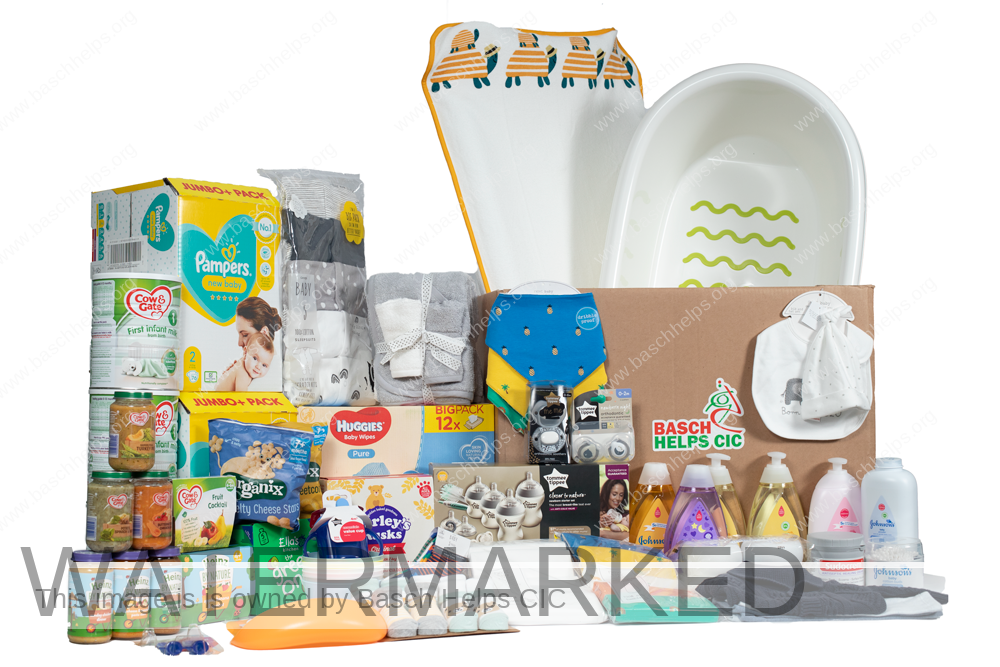
To date (April 2024), we have supported over 5000 newborns aged 0-24 months, (18-24 months, referrals only) in the Greater London area with their very own tailored emergency relief package which contains over 65 brand new & ready to use baby essential items combined with a months supply of nappies and wipes.
With many vulnerable parents also benefiting from baby equipment such as cots with bedding, carriers, bottle sterilisers, bouncers, high chairs and much more all with the sole purpose to alleviate the burden of poverty and prevent malnutrition or ill-health.
Complimentary Face to Face, Phone & Digital Parent Support services
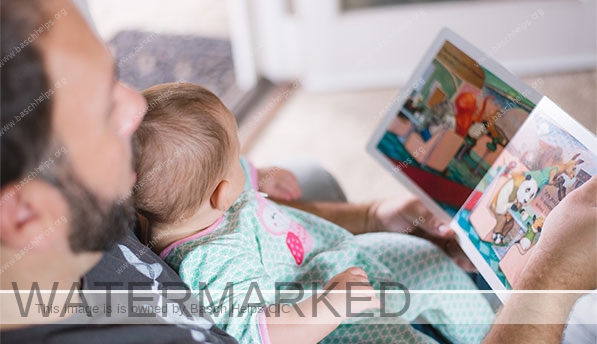
As a community enterprise, we never leave a distressed parent behind and increasingly parents for a variety of reasons have befriended our volunteers on many occasions to talk through their problems and about the progress of their baby.
As a result, we began offering our 1 to 1 befriending service on a scheduled basis around January 2021 as parents found our volunteers more personal, more compassionate and could definitely relate to their home situation through their own lived-in experiences and this was followed by our freephone 0800 parent support line open 24 hours a day and run by Mental Health trained volunteers in May 2022 because sadly some parents in London do not have access to a working phone as well as a WhatsApp digital parent service accessible 20 hours a day.
AngelBox Quick Guide

Here’s a quick guide of everything thats on offer in accordance to the age group of the newborn or toddler.

0-6 months AngelBox
We offer a simple 0-6 months AngelBox package for all babies yet to be born which includes brand new essentials & equipment.
- Brand new clothes 0-3 months (Seasonal)
- Blanket or Sleep Bag
- 3 Pack Bibs
- On average 144 nappies (Pampers Only)
- Wet Wipe Pack (Options)
- Hooded Towel & Sponges (Options)
- Bath Tub & Changing Mat (Optional)
- Toiletries (Options)
- Manual Breast Pump
- 2 x Milk Formula (Options)
- Milk Bottles (options)
- Bottle Brush
Equipment Available
- Cot
- Pillow & Duvet Set
- Baby Carrier
- Baby Bouncer
- Nursing Pillow
- Changing Bag
- Bottle Steriliser
- Rattles
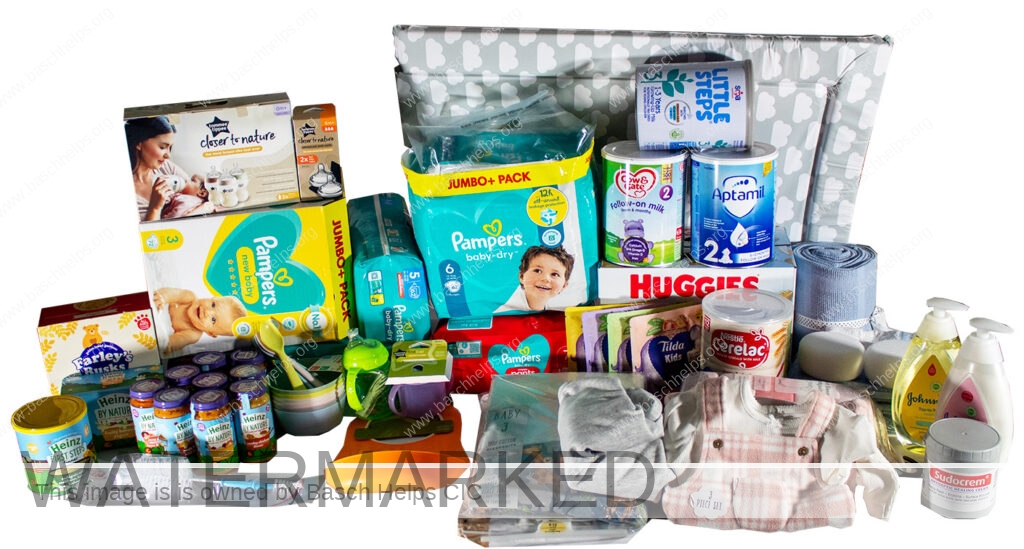
6-12 Months Package
Newborns aged 6 to 12 months have slightly more essentials & equipment on offer including food items and accessories.
- Brand new clothes 6-12 months (Seasonal)
- Blanket or Sleep Bag
- Plastic Weaning Bib
- On average 144 nappies (Pampers Only)
- Wet Wipe Pack (Options)
- Hooded Towel & Sponges (Options)
- Bath Tub & Changing Mat (Optional)
- Toiletries (Options)
- 2 x Milk Formula (Options)
- Food Jars & Fruit Pots (Options)
- Porridges (options)
- Biscuits
- Food Pack (Plates & Spoons)
- Milk Bottles (options)
- Sippy/Training Cup (options)
- Bottle Brush
Equipment Available
- Cot
- Pillow & Duvet Set
- Baby Carrier
- Baby Walker
- High Chair
- Teething Accessories
- Play Mat
- Sensory & Cognitive Toys

Growing Up Package
Our growing up package for Toddlers aged between 12 to 24 months currently has a limited offering of only essentials.
- Brand new clothes 12-24 months (Seasonal)
- Blanket or Sleep Bag
- Plastic Weaning Bib
- On average 144 nappies (Pampers Only)
- Wet Wipe Pack (Options)
- Hooded Towel & Sponges (Options)
- Changing Mat (Optional)
- Toiletries (Options)
- 1 x Milk Formula (Options)
- Food Jars & Fruit Pots (Options)
- Ready made meals (Options)
- Porridges (options)
- Biscuits
- Food Pack (Plates & Spoons)
- Milk Bottles (options)
- Sippy/Training Cup (options)
- Bottle Brush
Equipment Available
- Cot
- Pillow & Duvet Set
- Baby Walker
- High Chair
- Play Mat
- Sensory & Cognitive Toys
2022 © The logo, name, slogan and the word AngelBox™ are registered Trademarks of Basch Helps CIC. All Rights Reserved
Your Baby, Your Choice, Your AngelBox
London's Best Newborn Emergency Relief Provider

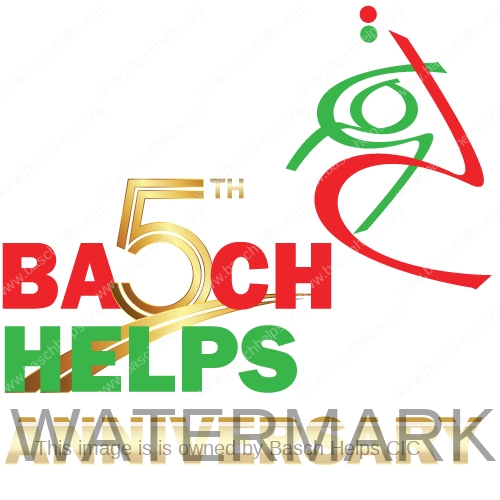


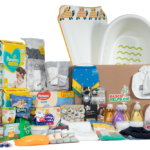


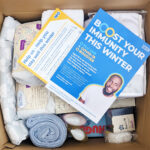




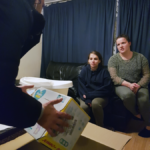
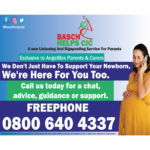

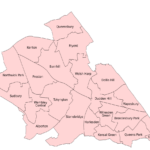
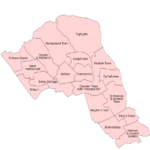
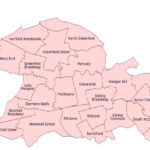
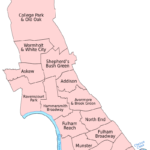
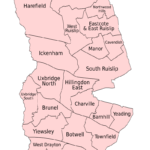
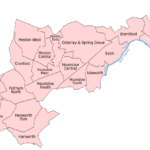
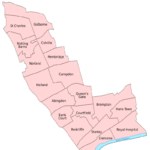
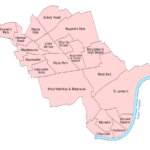






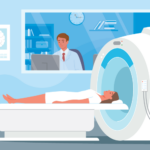




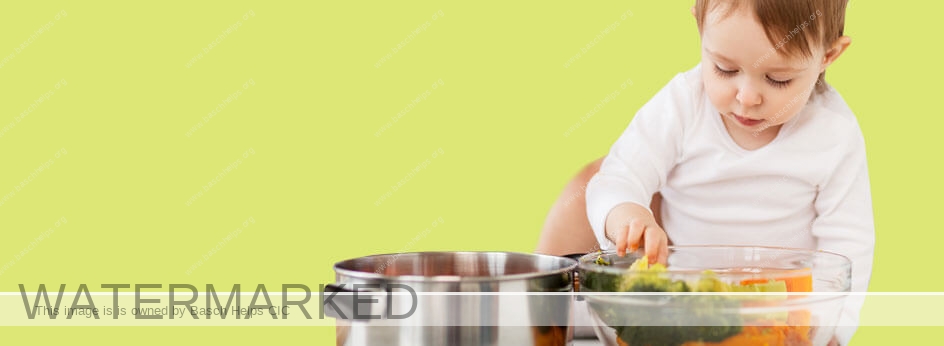
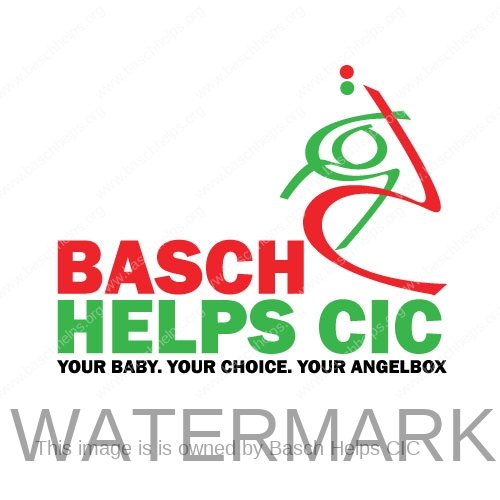
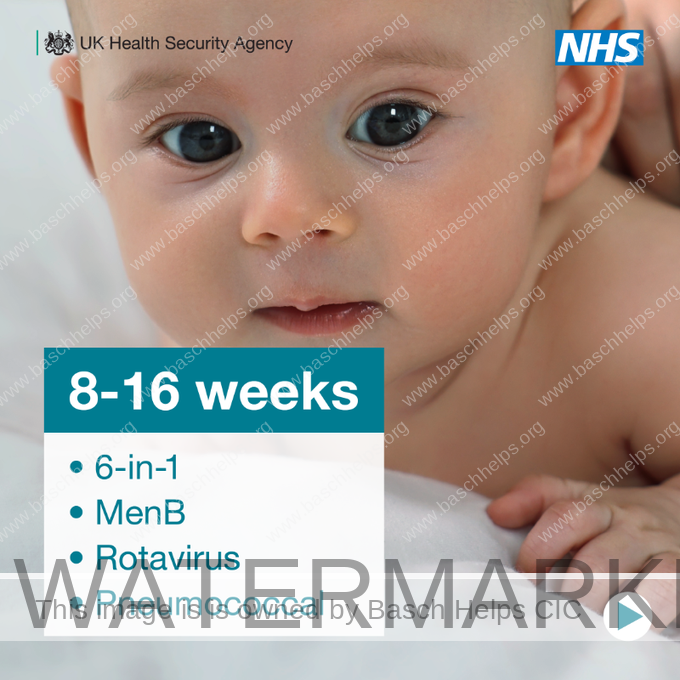 At 8-16 weeks your baby should have taken all these vaccinations
It's important that vaccines are given on time for the best protection, but if you or your child missed a vaccine, contact your GP to catch up.
To get more information on how to book an appointment in London.
At 8-16 weeks your baby should have taken all these vaccinations
It's important that vaccines are given on time for the best protection, but if you or your child missed a vaccine, contact your GP to catch up.
To get more information on how to book an appointment in London.
